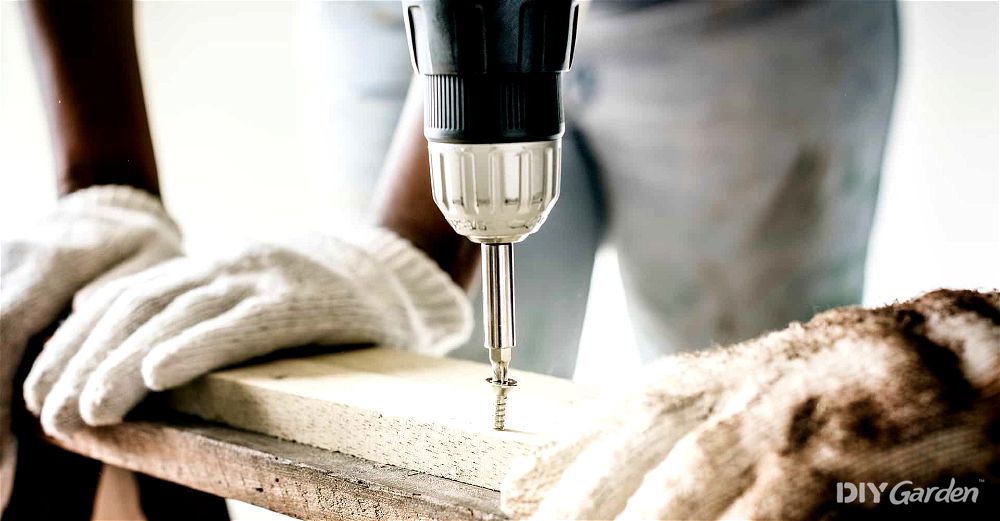
Should your power tool be corded or cordless?
This basic question is one of the first things you should consider when buying a power tool.
Advances in battery technology mean that these days you can perform most tasks, even heavy duty ones, with cordless tools.
So apart from some small power tools where only cordless options exist, and some heavy duty demolition drills where only corded versions are available, you can choose between a corded or cordless version.
Cordless Drills Benefits
Cordless tools offer convenience and versatility. You no longer have to find a mains socket and drag a cable or extension lead around.
When cordless tools hit the DIY market some 40 years ago they were considered a luxury item – Not anymore!
Nowadays there is little difference in price between corded and cordless variations of the same spec tool.
One Battery or Two?
We do need to consider a ‘downside’ though. Assuming you want to work continuously, you will need to interchange between 2 power tool batteries and likely carry a charger too. If a recharge is required you need to be close to a mains supply too.
The second battery will also add to your startup costs, unless you are buying as a kit where it may be included, along with a charger and carrying case.
If however you are an ‘occasional user’ or are happy to take time out while your battery is recharging, then just one battery is fine!
Some power tool batteries, depending on their type, can be recharged up to 1,000 times before they show signs of degradation. Eventually though the battery will need to be replaced, therefore adding to the lifetime cost of maintaining the tool.
Battery Weight
The battery itself will of course add weight to the tool. This is a very important consideration.
Heavier duty tasks require more power and thus greater battery voltage. Consistent prolonged usage requires greater battery capacity (aka amperage).
Voltages for DIY power drills typically range from 8 to 18 Volts and amperage from 1.5 to 4 Ah.
The class of a battery is also important. This refers to its chemical composition.
NiCad are the heaviest (and cheapest), NiMH sit in the middle and Li-Ion are the lightest (and most expensive).
Batteries with higher Voltage and amperage (Ah) numbers are larger and heavier than others in their (chemical) class.
Batteries can weigh from the heaviest NiCad battery at well over 1000 gm to a Li-Ion battery as light as 200 gm. But a Li-Ion battery with the same spec as its NiCad equivalent can weigh half as much and last twice as long (but be rather more expensive).
If you are using a cordless drill for heavy duty work over a long period any ‘extra’ weight could become a burden. So don’t choose an over powered tool if you don’t have to.
Tool Ergonomics
The size and weight of the battery will in turn affect the way a cordless tool will handle.
So too will the position of the battery within the tool.
Batteries are usually slid in from the back of the tool or clipped into the base and the tool’s balance will be affected by this.
Slide varieties have a more natural feel because the handle does not have to incorporate the battery housing of the clip-on version.
Corded Drill Benefits
There is not so much to think about with corded drills! Plug it in to the mains supply and you are up and running. Apart from an extension lead maybe.
Corded drills deliver constant power. The performance of battery powered drills will deteriorate as the battery loses its charge.
And with no batteries to clip into place the weight of the corded tool compared to its battery operated counterpart is less. Cost-wise corded tools are maybe 25% less than their cordless counterparts.
What’s the Answer?
If only there was an easy answer to the corded versus cordless debate!
If cost allows, go for one of each! A lighter more versatile cordless drill for smaller tasks and a heavier duty corded version for larger projects is a common solution.
